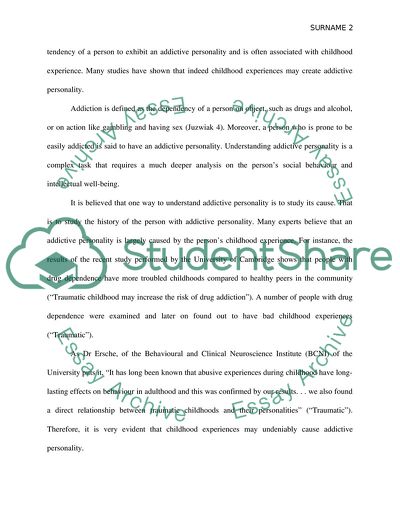Cite this document
(“Addictive behaviors and personality disorders Research Paper”, n.d.)
Retrieved from https://studentshare.org/english/1608588-addictive-behaviors-and-personality-disorders
Retrieved from https://studentshare.org/english/1608588-addictive-behaviors-and-personality-disorders
(Addictive Behaviors and Personality Disorders Research Paper)
https://studentshare.org/english/1608588-addictive-behaviors-and-personality-disorders.
https://studentshare.org/english/1608588-addictive-behaviors-and-personality-disorders.
“Addictive Behaviors and Personality Disorders Research Paper”, n.d. https://studentshare.org/english/1608588-addictive-behaviors-and-personality-disorders.


